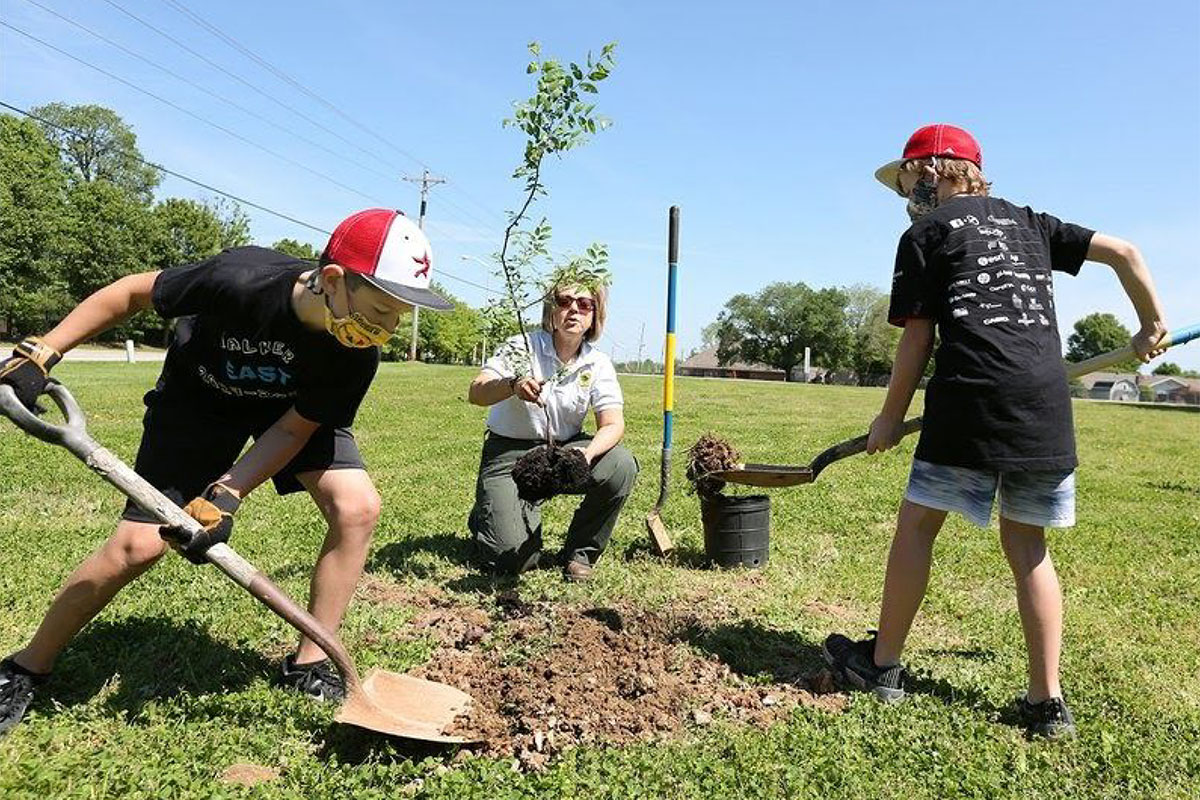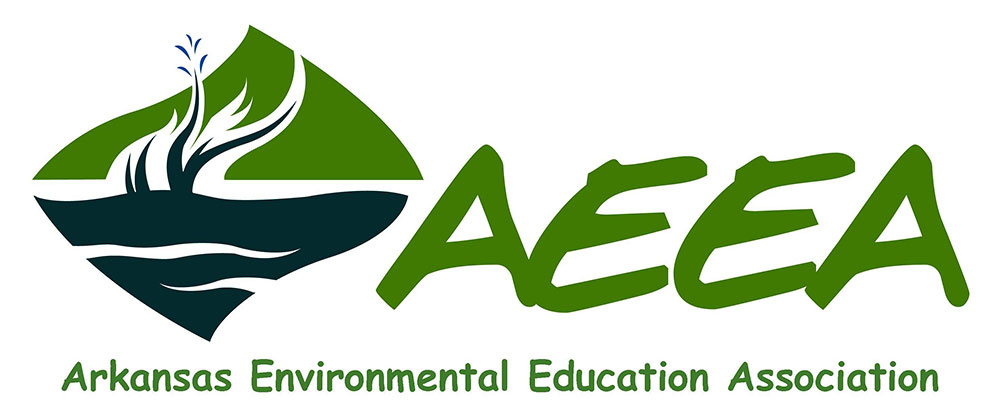What is Environmental Education?
Photo by Mitchell Pruitt
What is EE?
Have you ever shown a friend how to plant a flower? Gone hiking in one of the many Arkansas state parks? Helped students create leaf rubbings? From nature and biology, to waste and society, the environmental education topics and experiences are endless!
At its roots, environmental education (commonly called EE) is a learning process increasing people’s knowledge and awareness of the environment and associated challenges. These experiences develop vital problem-solving skills, self-confidence, and a positive attitude for lifelong learning, motivation, and personal responsibility. Environmental education may be integrated within school curriculum, offered through municipal and state programming, or incorporated into recreational activities.
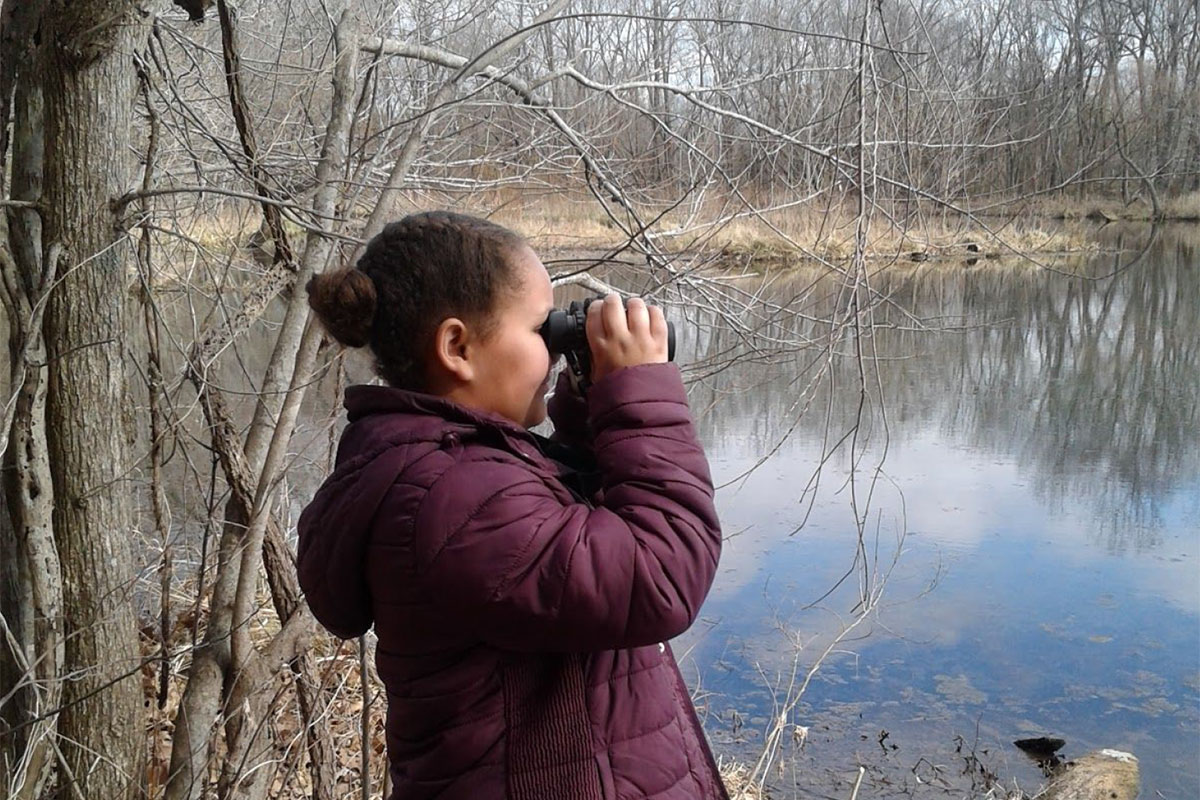
Why EE?
Within the classroom, environmental education offers an enriching way for both students and teachers to connect their appreciation of the natural world to academics. Critical thinking, leadership, problem-solving, and personal responsibility are all skills developed and practiced through environmental education.
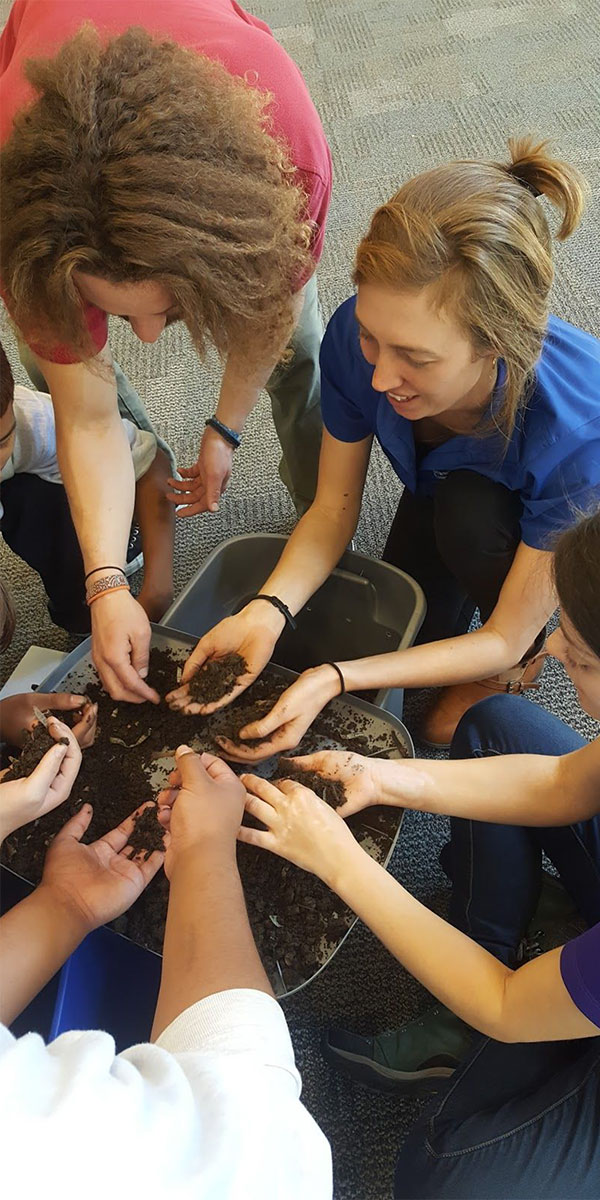
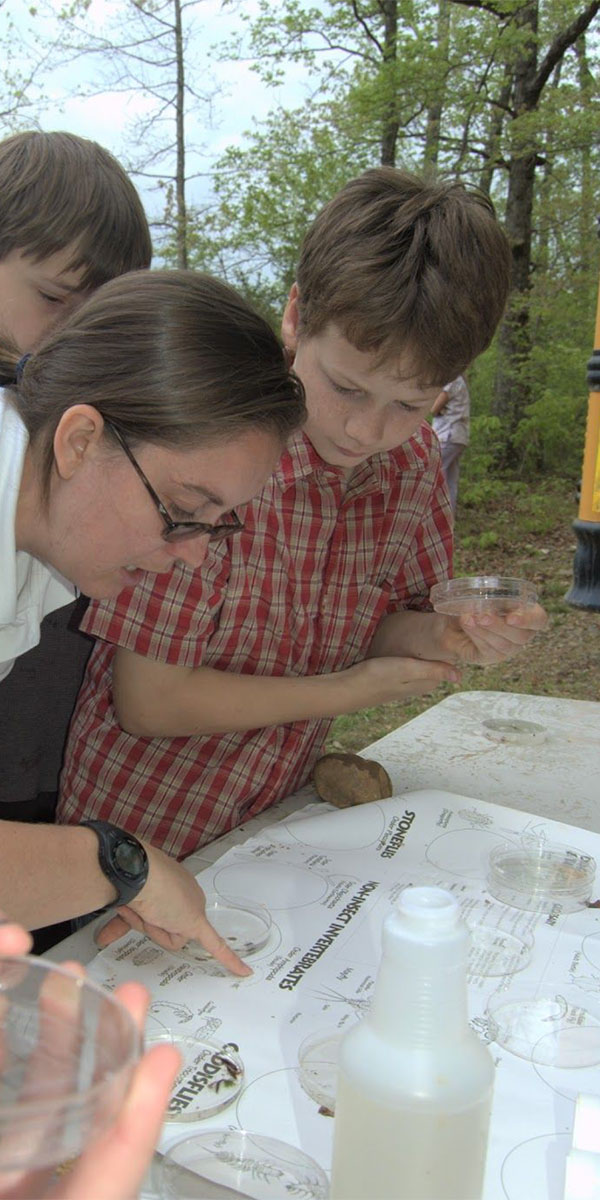
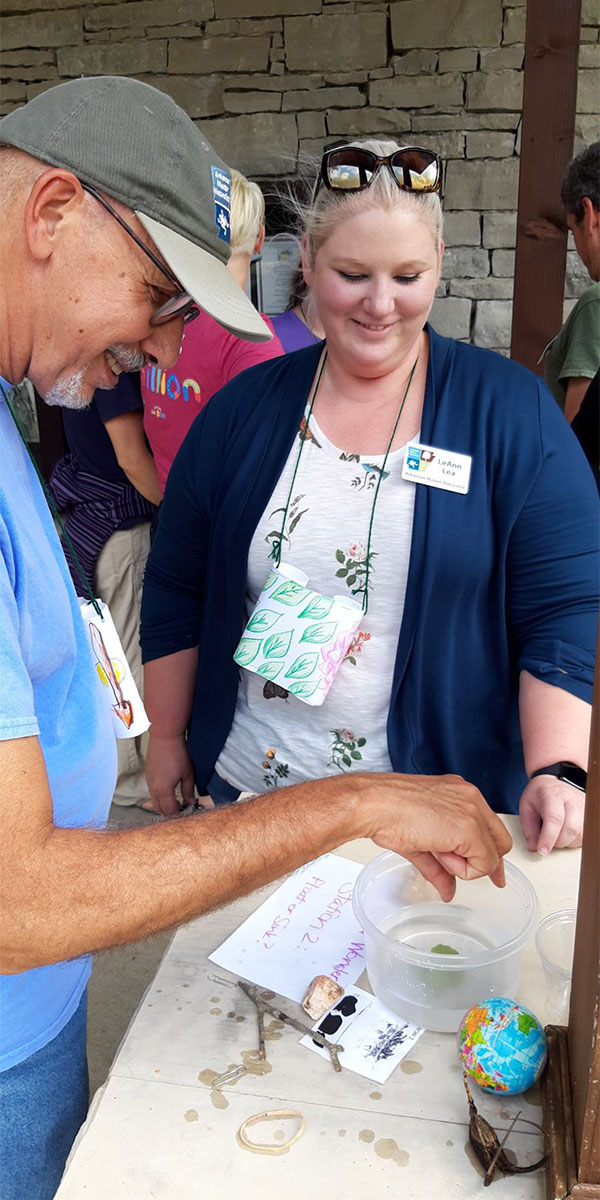
Who Teaches EE?
Environmental Education is special in that it applies to almost any subject of study and is found throughout many career fields. To better identify educators throughout Arkansas, AEEA members are recognized within three different categories:
Formal Educators
Formal educators are those teaching throughout our Arkansas schools and colleges. This is not a specific class, rather any teacher who includes environmental awareness, outdoor activities, and the natural world as part of the classroom experience.
Non-Formal Educators
Non-formal educators are those serving within nonprofits, government agencies, and businesses who coordinate and/or provide environmental outreach to the public. Think park interpreters, scientists, corporate advisors, community outreach coordinators… the list could go on and on.
Trained Volunteers
Trained volunteers are hobbyist educators who simply do it because they love it. These educators may be life-long bird watchers, zoo volunteers, school retirees, nature lovers, Master Naturalists, and many others.
